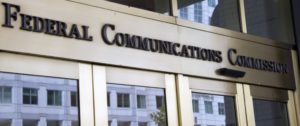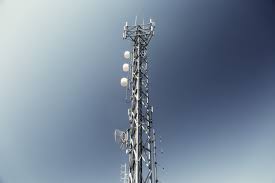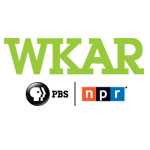 “Public broadcasters have asked the FCC to exempt noncommercial TV stations from a regulation requiring them to transmit video in two different broadcast standards during rollout of Next Generation TV technology.
“Public broadcasters have asked the FCC to exempt noncommercial TV stations from a regulation requiring them to transmit video in two different broadcast standards during rollout of Next Generation TV technology.
In filings with the agency last week, pubcasters also urged the commission to allow broadcasters to use vacant TV channels during the transition to the new broadcast standard, also known as ATSC 3.0.
The commission authorized broadcasters last November to begin introducing Next Gen TV on a voluntary basis. The standard is seen as a game-changer for television because it allows broadcasters to provide a host of enhanced services, including interactive educational broadcasts linked to video games and other learning tools, and public safety emergency alerts.
Because the ATSC 3.0 is incompatible with ATSC 1.0, the existing TV standard in the U.S., the pace of its rollout will be driven by consumers, who will have to buy new equipment to receive ATSC 3.0 signals over the air.
To protect consumers and ensure continued broadcast service to all TV households, the FCC is requiring broadcasters to simulcast the primary video stream of their ATSC 3.0 channel in an ATSC 1.0 format. This rule will be in effect for the foreseeable future, the agency says.
The FCC anticipates that stations will provide the simulcasts by entering channel-sharing partnerships with other stations in their markets. Broadcasters carrying the ATSC 1.0 signals will operate as “lighthouse” stations for their partners transmitting in ATSC 3.0.
But many public TV stations may be unable to comply with this rule because their service contours don’t cover the same areas as other stations in their markets. KVCR, a Los Angeles public TV station licensed to San Bernardino Community College District, is one of them.
Public TV leaders in Washington have advised top FCC officials of this problem in recent meetings, and their organizations elaborated in their joint comments. The college also made it a case for revising the simulcasting rule in its own response to the FCC’s request for comments. Public Media Co., a consulting group that is working with a group of public TV stations on Next Gen TV business planning, filed comments explaining why state networks such as the Arkansas Educational Television Network need an exemption.”


